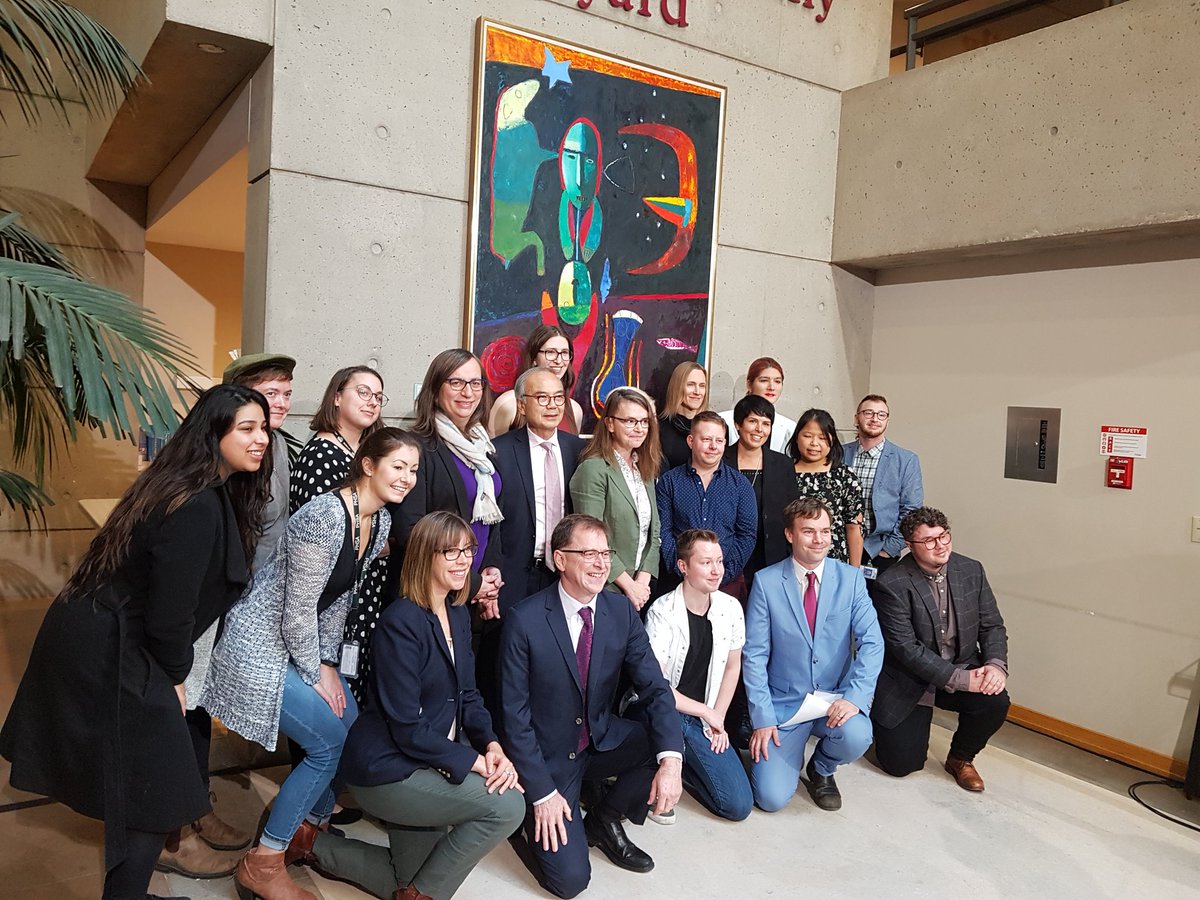Canada News
B.C. government to bring lower transgender surgery to the province

FILE: Transgender British Columbians will soon have improved access to publicly funded gender-affirming surgery closer to home. (Photo: @adriandix/Twitter)
VANCOUVER — Gwen Haworth says she always knew her gender identity, even when she was very young, but coming out about 18 years ago was a hard choice made even harder by a lack of services in her home province.
Between 2001 and 2004, Haworth said she went back and forth between Montreal and British Columbia to get gender-affirming surgery.
The difficulties Haworth faced will soon be a thing of the past after the British Columbia government announced Friday it will provide reconstructive lower surgery for transgender people.
“Access to care was pretty fragmented, and very challenging, and hard and time consuming and costly,” said Howarth, a member of the trans community and project manager for Trans Care BC.
Health Minister Adrian Dix said the trans community has advocated for a number of years for the complex surgery to be done in the province.
Up until now, those wanting the surgery had to travel to Montreal or the United States, which Dix said resulted in additional medical risks associated with travelling long distances after surgery and with follow-up care.
The Health Ministry says gender-affirming surgery will be available at Vancouver Coastal Health starting next year and trans people will also have improved access to publicly funded chest and breast surgeries in Burnaby, Kamloops, Kelowna, Port Moody, Prince George, Vancouver and Victoria.
Dix said B.C. is the first province in Western Canada to provide lower surgery.
The government says about 100 people travel out of the province for lower surgeries every year and about 200 chest and breast surgeries are expected to take place in B.
C. in the coming year.
Haworth said improving access to care will have a ripple effect through society.
Gender affirming surgeries, where a person’s physical body is brought into alignment with how they identify, whether it’s male, female or non-binary, came with a stigma, she said, but Friday’s announcement fosters a welcoming environment.
“It improves people’s lives and health outcomes.
”
During those three years when she needed care, Haworth said the costs came in many forms. Time was taken away from her family, friends, education and work. She said she had to pay for some services herself and getting reimbursed was a challenging process. Haworth said out-of-pocket expenses worth about $35,000 were never paid back.
She also had to sell her home.
“And when I look at the place I owned at that point in time, and I move 15 years forward in the Vancouver housing market, that means I actually had to say no to over a quarter million dollars of potential well-being at this point in my life.”
The Health Ministry says the surgeries will be covered as part of the province’s B.C. Surgical and Diagnostic Imaging Strategy, which is getting a $25 million funding increasing in 2019-20 to $100 million.





















